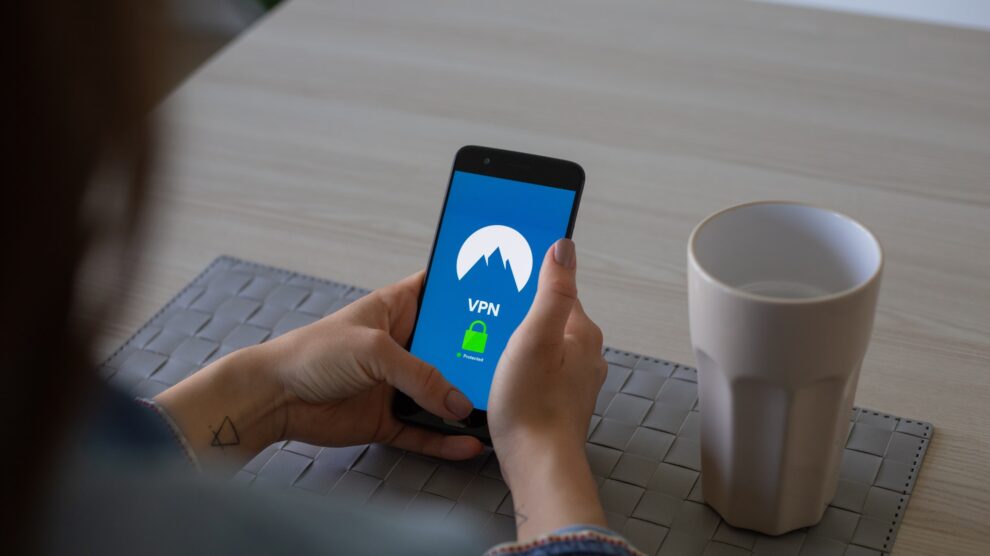Both proxy and VPN were made to provide you with increased security and help you to find your real IP and location. You can reach the prominent Indian proxy site to receive the information you need from the local portals. Both of these services have similar goals and purposes, yet they have a different focus.
Proxy Server
A proxy server is a link between the Internet and the device. You can consider it as an intermediary you need to connect securely to websites or SaaS portals. When you connect to the Internet, you are connected to the proxy before you open the page or file. You don’t need to provide your home address since proxy provides another IP address hiding you from anyone on the Internet.
VPN
VPN provides you with the tunnel for the data between your device at one location and the VPN server from another location. It can be in the other part of the world and connect you to the local network somewhere in Australia, for example. You can choose the location you need. This service provides you with freedom online. It also secures the data, hiding your search from others.
Differences: Proxy vs VPN
Both services can easily hide users on the Internet and provide access to locally limited information. They can usually accept similar services. However, they do have their differences. Check them out before you decide which one you need:
- The proxy does not encrypt internet traffic. Unlike VPN, the proxy server does not offer strong encryption from the network user. If you have numerous users on the same network, it is better to use a VPN for your data;
- Proxy is more app-specific, while VPN is system-wide. Proxies do not need system-wide traffic since they work with one limited app, like a browser or computer. VPN, on the other hand, provides encryption for all traffic;
- Proxy is faster. You may have already guessed it from the previous paragraph. Proxy does not need to encrypt the whole net, and it works faster. Moreover, it speeds up the work of the Internet. VPN works differently, and it takes more time for data encryption;
- VPN provides a more reliable connection. VPN is generally focused on keeping everyone from the connection you are using. It secures the whole process. The proxy server also grants you a high level of security, providing a separate IP address and making sure that you are not leaving traces. Yet, it does not offer encryption for the whole process;
- Proxy is cheaper. VPN costs more and usually offers a subscription plan you have to pay. Even if you choose a paid subscription for Proxy, you can choose the plan you find more comfortable for you and your wallet.
Choosing Best Security
No matter what you choose, you have to pay attention to the basic features of each service that is offered. There are numerous high-quality proxy servers as well as VPNs. Pay attention to the level of security each of them offers and the extra benefits you can receive. You can always use both of them for different occasions.





